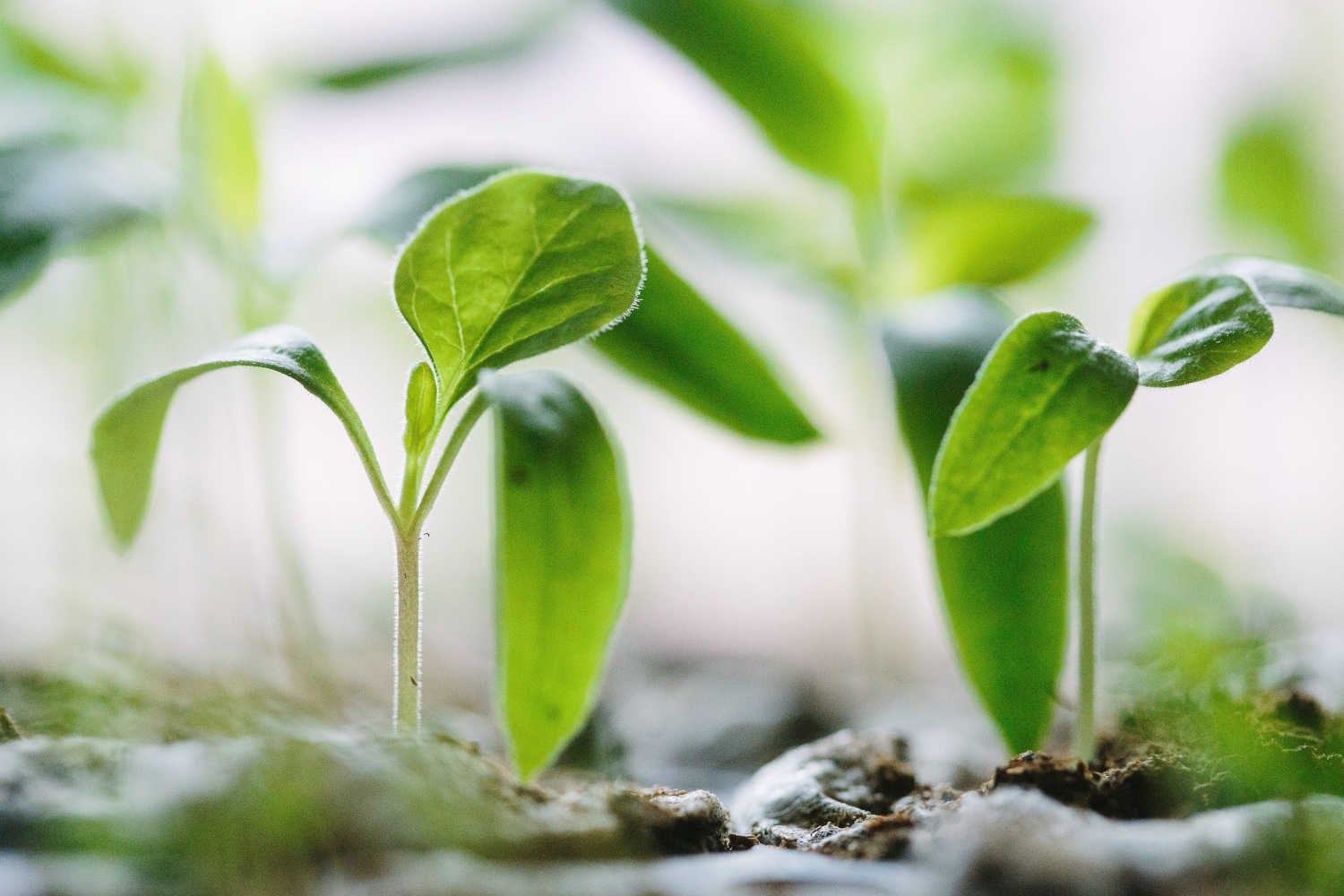
The overall aim of this topic and associated R&I activities is to leverage the New European Bauhaus 398 values for urban and peri-urban food system transformation by positively transforming the food environment399 to enable sustainable, inclusive, and aesthetic ways of food system transformation.
The project’s results are expected to contribute to all following expected outcomes:
- Positively transformed food environments that enhance sustainable food system transformation by applying the vision of New European Bauhaus (NEB) to “call on all Europeans to imagine and build together a sustainable and inclusive future that is beautiful for our eyes, minds, and souls”;
- Reconnected and engaged citizens with nature and healthy and sustainable food for their well-being and health while providing multifunctional benefits, such as biodiversity.
Proposals are expected to address the following:
- Involve all three core values of NEB: 1) sustainability, 2) aesthetics/quality of experience, 3) inclusion, for transforming food environments and contribute to a green and sustainable infrastructure;
- Expand food environments by using architecture/local place-based approaches for innovative solutions, including art, for current and future needs linked to sustainable food environments and stronger citizen connection to food and empowered self-provisioning communities with multi-functional nature-based solutions (e.g., urban gardens connected to parks, edible trees and bushes, edible green infrastructure…etc.);
- Use and demonstrate place-based solutions with considering its specific resource pool and place, e.g., connect food to local cultural values and if possible, to indigenous communities and/or urban citizens’ movements and make use of local plants and herbs, also supporting local ecological resilience;
- Apply and demonstrate community-based solutions with strong citizen engagement (especially youth) to simultaneously drive human needs and environmental benefits;
- Connect rural and urban/peri-urban areas and communities for co-benefits and enhanced inclusive experience, by also using data and technology6 ; · Develop appropriate models to multiply innovations across the EU while considering different types of urban/peri-urban areas (different city size, different countries);
- Proposals should include a dedicated task, appropriate resources and a plan on how they will collaborate with other projects funded under this topic as well as to interact with the New European Bauhaus community, NEBLab and other relevant actions under NEB, e.g. by participating in activities, workshops, as well as common communication and dissemination activities, and connect with learnings from other initiatives such as the “Year of Greener Cities” and “Year of youth”.
Opening date: 17 October 2023
Deadline date: 22 February 2024 17:00:00 Brussels time
Allocated budget: 6 000 000 EUR



